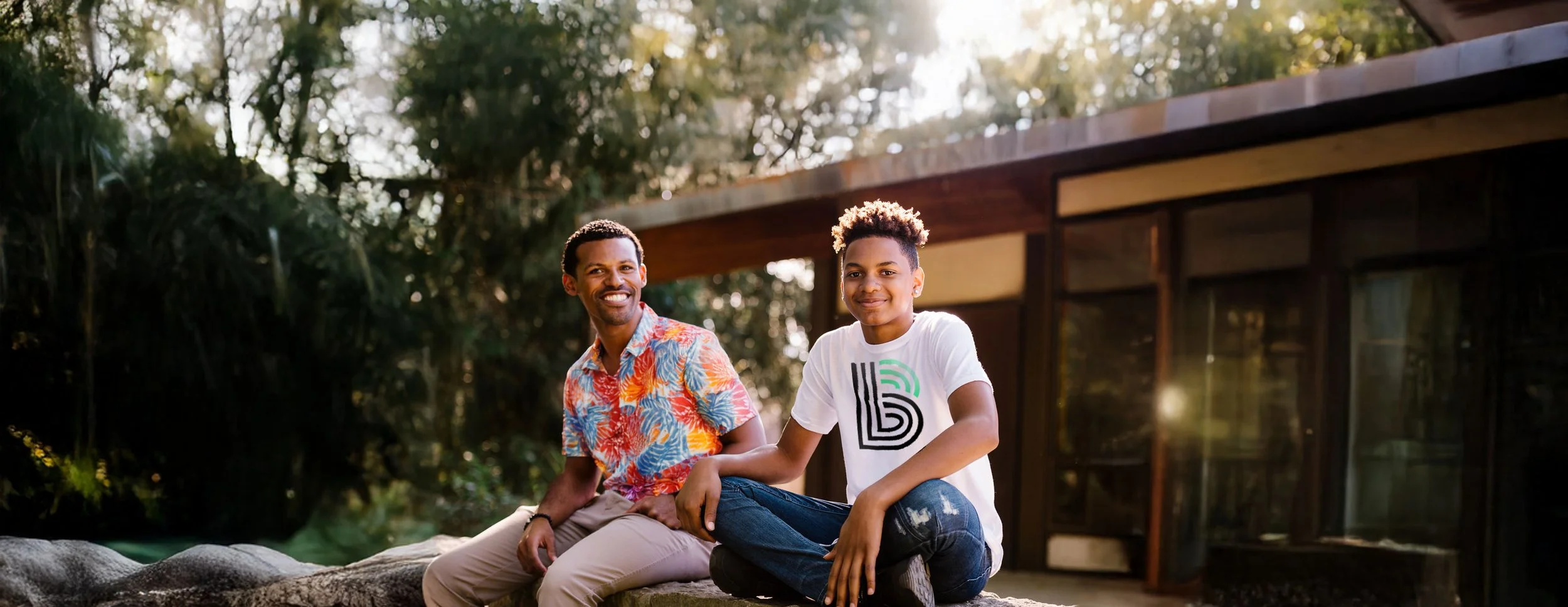
FAQs about becoming a BIG

Frequently Asked Questions
-
Most Bigs (volunteer mentors) say they spend about 4 hours a month with their Little.
-
Whatever you usually like to do! Go fishing, ride bikes, go to the library, or go to the park. When you’re matched with your Little, not only will the BBBS team share information about agency and community events, but you’ll be supported by full-time staff who can suggest ideas too! And, there is a lot of work that goes into making the “best match” they can, so you’ll likely have things in common with your Little right from the start.
-
You don’t have to spend anything be a great Big. Most Bigs will tell you that a typical outing with their Little is free or might cost as much as a cookie or hot chocolate. BBBS also offers no-cost group activities and free passes for local attractions, major sports events, theatrical performances and more.
-
Whatever life experience you bring, you’re qualified! Littles aren’t looking for an expert, they’re just looking for a patient, present and accepting adult.
-
A big one. After building a relationship with their Big, Littles report higher aspirations, greater confidence, and better relationships, avoidance of risky behaviors like trying alcohol or illegal drugs, and educational success.
-
We have three programs for mentors to consider - community-based, school-based and Big Futures.
Community-Based Mentoring
Community-Based Mentoring is the organization’s flagship program. The program matches youth ages 5 to 18, predominantly from low-income households, with adult volunteer mentors. Spending one-on-one time in the local community is primarily how these relationships develop. Each match is unique and creates a schedule that works for them. During outings, Bigs and Littles do everyday activities that provide children with the opportunity to expand their skills and discover a world of possibilities for their life.
Site-Based Mentoring
In our School-Based Mentoring Program, students ages 5 to 18 meet with volunteer mentors weekly during or after the school day at one of our partner school locations. Through the support of their mentors, children develop positive attitudes toward school, achieve higher grades, become more confident, and improve relationships with adults and peers. Mentoring matches participate in a variety of activities, such as reading together, visiting the school library, working on homework, engaging in group activities, or playing on the playground.
Big Futures
Our Big Futures Initiative addresses the mentoring gap for older youth as they prepare for high school graduation and transition into adulthood. Littles in high school and young adulthood meet with volunteer mentors during or after the school day at one of our partner school locations. This special mentoring program focuses on high school graduation, post-secondary education and training, independent living, workforce readiness, and community engagement.
This initiative includes three core elements:
1. Matching high school students (Littles) with mentors (Bigs) who have a college degree or technical experience. Through one-on-one meetings during lunches and special events, mentors will help youth build academic confidence, social skills, and explore post-secondary and career interests and opportunities.
2. Supporting former Littles ages 18–24 by continuing their mentoring relationship as they enter adulthood. Activities for Little and Big matches will focus on workforce readiness, education, independent living, financial literacy, and self-care.
3. Engaging high school students as mentors to elementary students, fostering leadership, empathy, and a commitment to community service through weekly sessions that build academic and social-emotional skills.
The Best Question:
